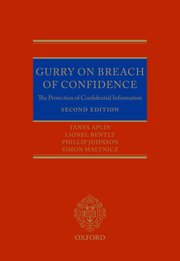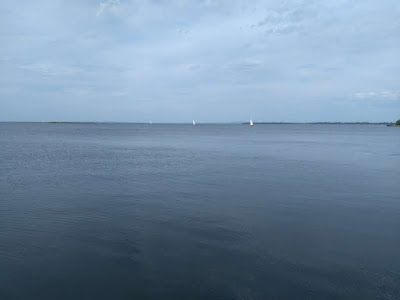Artificial Intelligence and Intellectual Property

Jane Lambert I hope all my readers had a good Christmas and I wish them a happy and prosperous New Year, A hot topic for the New Year is likely to be the legal protection of inventions, artistic and literary works, designs and other intellectual assets that are created by machines. Three of the papers of the Life Science IP Conference which was held at at the Millennium Gloucester Hotel on 26 and 27 Nov 2019 addressed the topic as did two of the papers at the International Copyright Law Conference which was held in London a few days later. Francis Gurry , the Director-General of the World Intellectual Property Organization (the UN specialist agency for IP) discussed the subject in an interview entitled Intellectual property in a data-driven world which appeared in the October issue of the WIPO Magazine. This is not a new subject. I can remember articles and conference papers on the topic for as long as I have been at the Bar. ...










